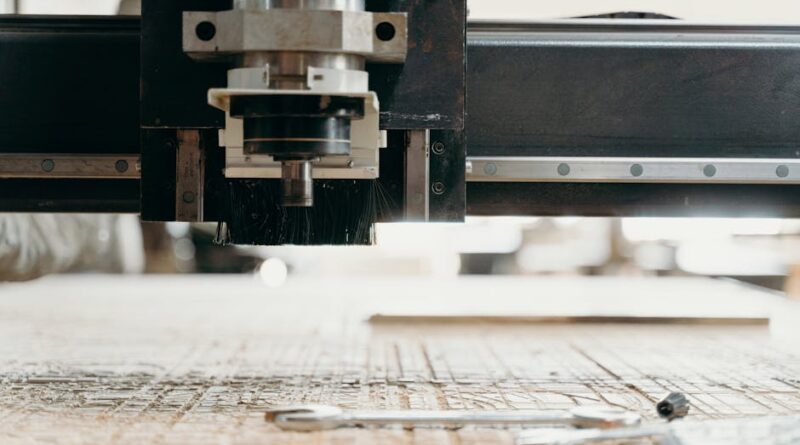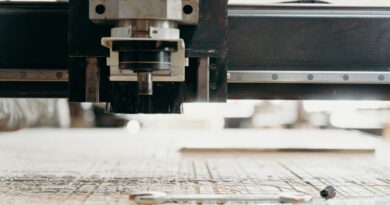The Impact of Automation on Industries
Welcome to the era of automation, where technology is revolutionizing how industries operate and transforming the way we work. From manufacturing to healthcare, automation is reshaping every sector, bringing about efficiency, productivity, and innovation. But with these advancements come questions and concerns about the impact of automation on industries. How will automation affect jobs? What are the advantages and challenges of integrating automation into various industries? In this comprehensive article, we will delve into the intricacies of automation and explore its profound impact on different sectors.
The Rise of Automation
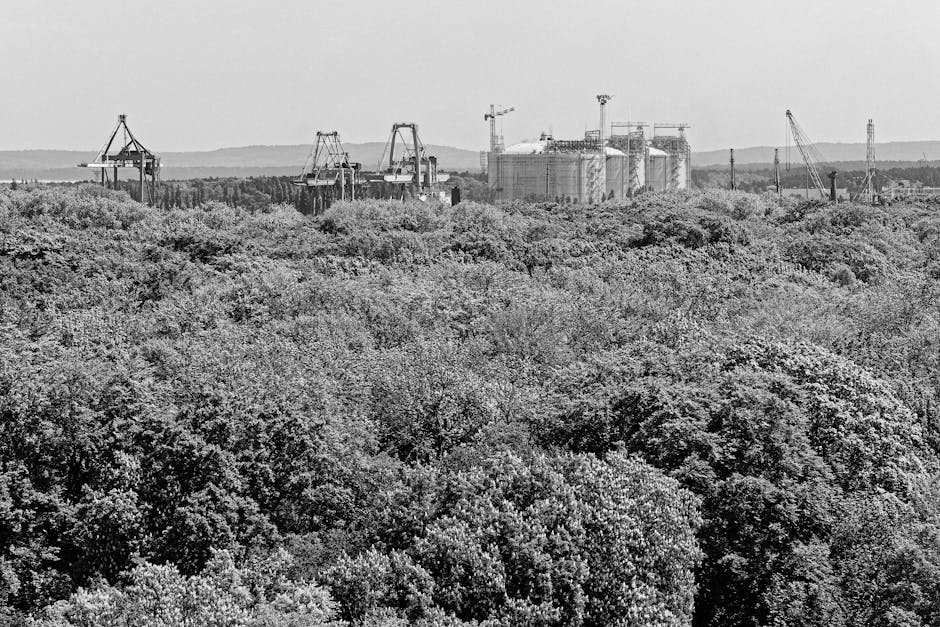
By Carsten Ruthemann via Pexels
Automation, in its simplest form, refers to the use of technology to perform tasks that were once carried out by humans. The concept of automation dates back to the Industrial Revolution when machines began to replace manual labor in factories. However, the advent of computers and artificial intelligence has accelerated the pace of automation, leading to significant changes across industries.
Today, automation encompasses a wide range of technologies, including robotics, machine learning, and the Internet of Things (IoT). These technologies are being employed in industries such as manufacturing, transportation, finance, and healthcare to streamline processes, reduce costs, and improve overall efficiency. As automation continues to evolve, its impact on industries is becoming more evident, shaping the way businesses operate and the way we live our lives.
Automation in Manufacturing
One of the most prominent examples of automation can be seen in the manufacturing industry. Automation has revolutionized the production process, leading to faster production times, higher quality products, and increased output. Robots and automated systems are now commonplace in manufacturing plants, handling tasks that were once performed by human workers.
For example, in the automotive industry, robots are used to assemble cars on the production line, significantly reducing the time it takes to build a vehicle. This not only increases efficiency but also ensures consistency in the manufacturing process. As a result, companies are able to produce more cars at a lower cost, ultimately benefiting consumers.
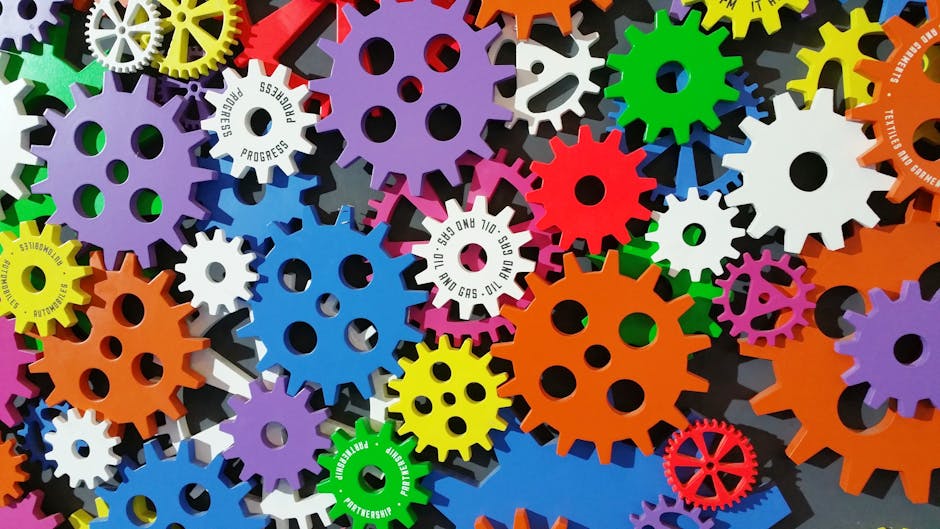
By Digital Buggu via Pexels
The Impact on Jobs
One of the biggest concerns surrounding automation is its impact on jobs. As automation technology advances, many fear that robots and AI will replace human workers, leading to mass unemployment. While it is true that some jobs may be automated in the future, automation also creates new opportunities for employment.
For example, in the manufacturing industry, while some manual labor jobs may be replaced by robots, there is an increasing demand for technicians and engineers who can design, program, and maintain these automated systems. Additionally, automation can help create new jobs in industries that are experiencing growth due to increased efficiency and productivity.
Automation in Healthcare
Automation is also making significant strides in the healthcare industry, revolutionizing patient care, diagnosis, and treatment. From robotic surgery to telemedicine, automation is improving the quality of healthcare services and expanding access to medical care.
Robotic surgery, for example, allows surgeons to perform minimally invasive procedures with greater precision and control. This results in shorter recovery times for patients and reduced risk of complications. Telemedicine enables patients to consult with healthcare providers remotely, making healthcare more accessible to those in remote areas or with limited mobility.
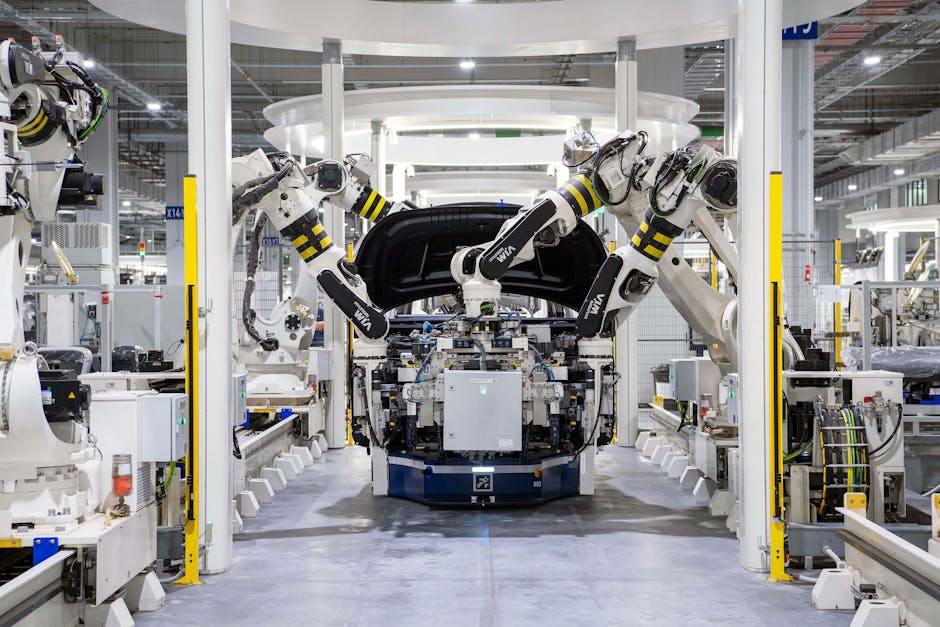
By Hyundai Motor Group via Pexels
Challenges of Automation
While automation offers numerous benefits, it also presents challenges that must be addressed. One of the main concerns is the potential for job displacement, as automation could render certain skills obsolete. This raises questions about retraining programs and workforce development to ensure that workers are equipped with the skills needed for the jobs of the future.
Another challenge is the ethical implications of automation, particularly in industries such as finance and transportation. For example, automated trading algorithms in the financial industry have raised concerns about market manipulation and the impact on global economies. Similarly, self-driving cars raise questions about liability in the event of accidents and the ethical decisions made by AI systems.
The Future of Automation
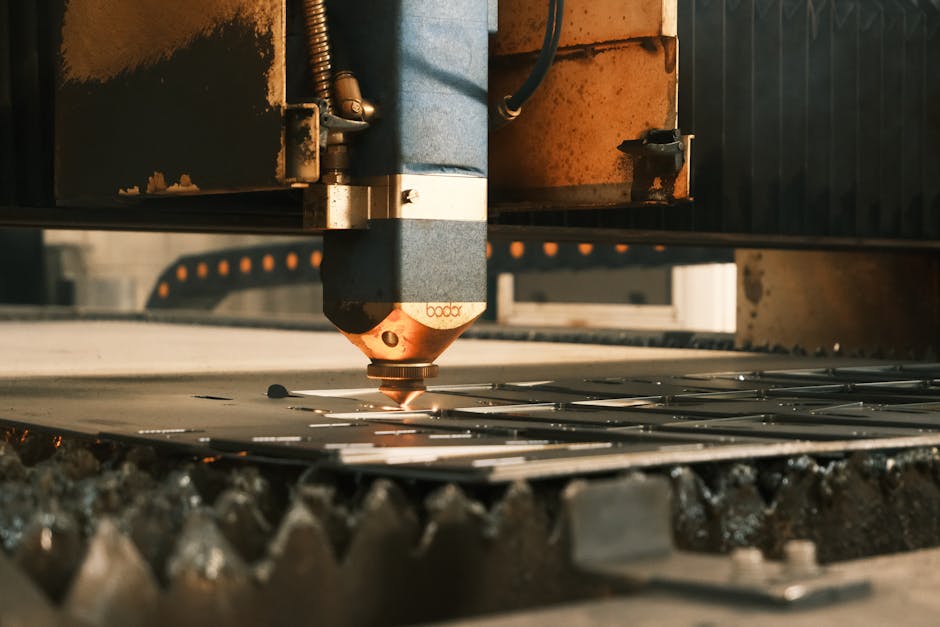
By Cemrecan Yurtman via Pexels
Looking ahead, the future of automation is both exciting and uncertain. As technology continues to advance, automation will become more pervasive across industries, transforming the way we work and live. While there are challenges to overcome, the potential benefits of automation are vast, from increased efficiency to improved safety and accessibility.
Ultimately, the impact of automation on industries will depend on how we harness this technology and adapt to the changes it brings. By understanding the implications of automation and proactively addressing its challenges, we can shape a future where automation enhances our lives and drives innovation in every sector.
Conclusion
In conclusion, the impact of automation on industries is profound and far-reaching. From manufacturing to healthcare, automation is reshaping the way businesses operate, offering new opportunities for efficiency, productivity, and innovation. While there are challenges to overcome, the benefits of automation are clear, from improved quality of services to increased access to resources.
As we navigate the complexities of automation, it is essential to approach this technology with a balanced perspective, considering both the advantages and challenges it presents. By embracing automation responsibly and investing in workforce development, we can ensure that automation benefits society as a whole, driving progress and prosperity in the digital age.
To wrap things up, the impact of automation on industries is a topic that will continue to evolve as technology advances and industries adapt. By staying informed and engaging in discussions about the implications of automation, we can shape a future where automation enhances our lives and creates a more sustainable and equitable society.

